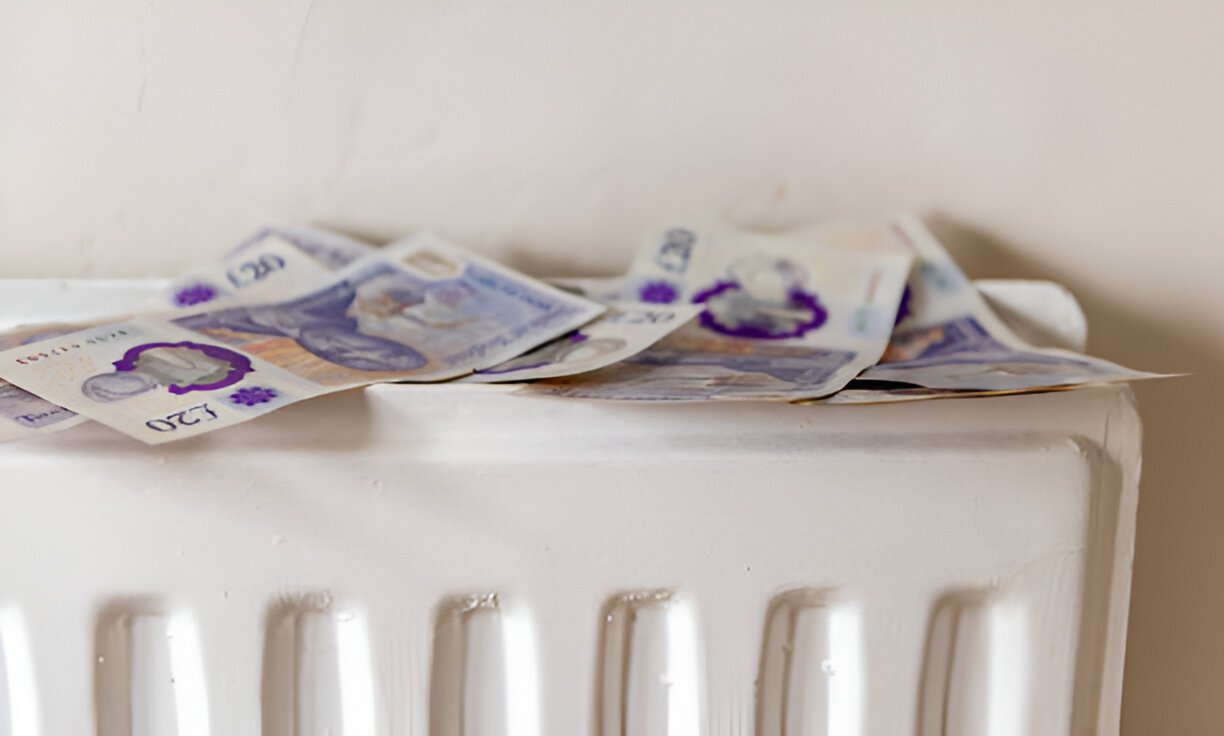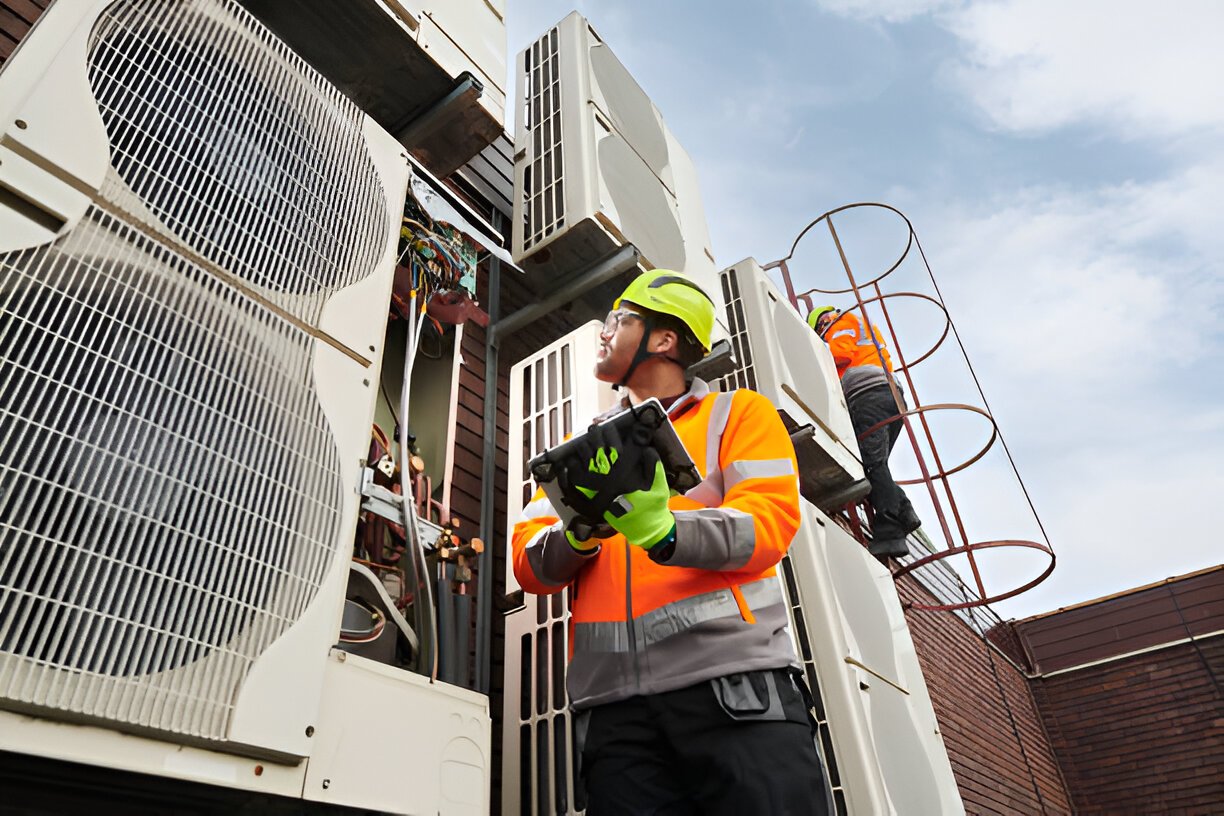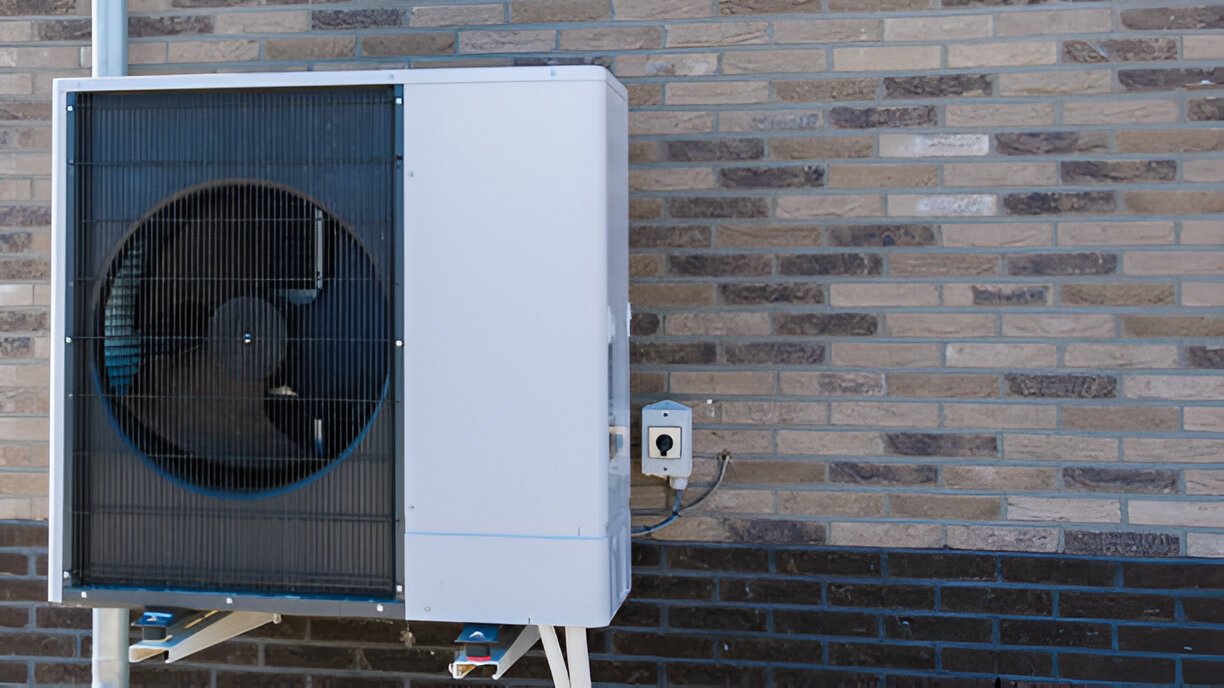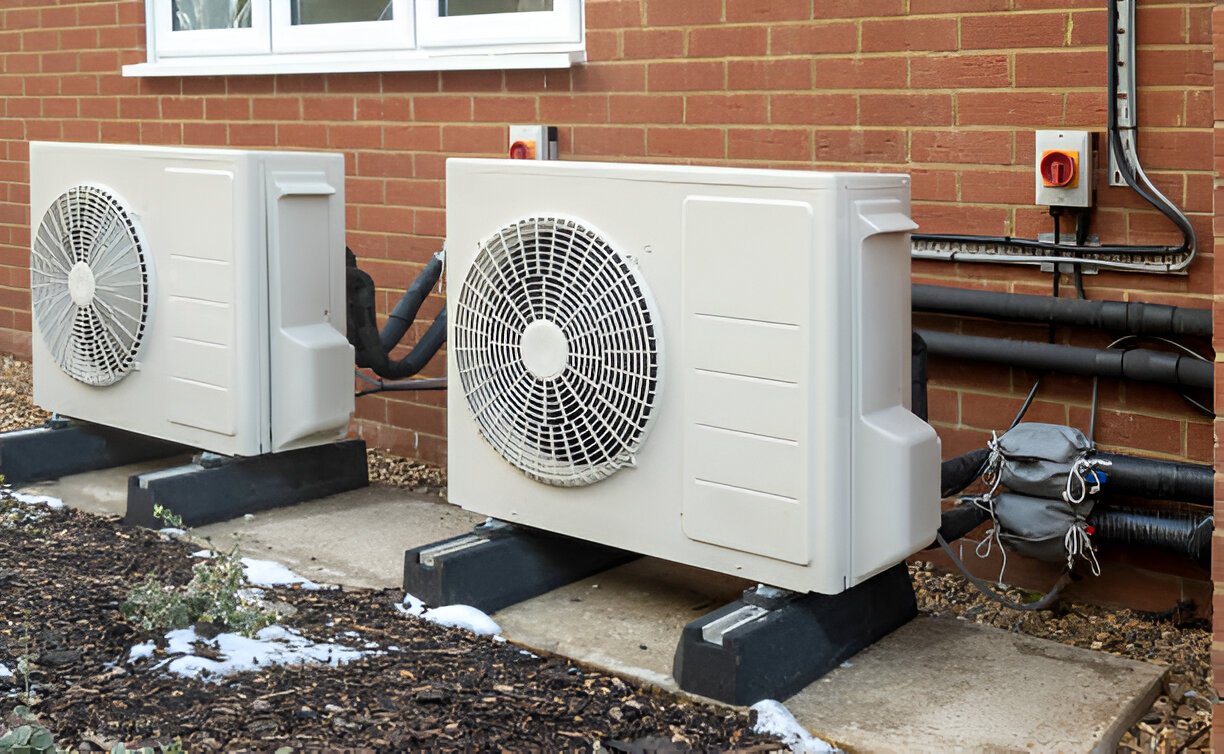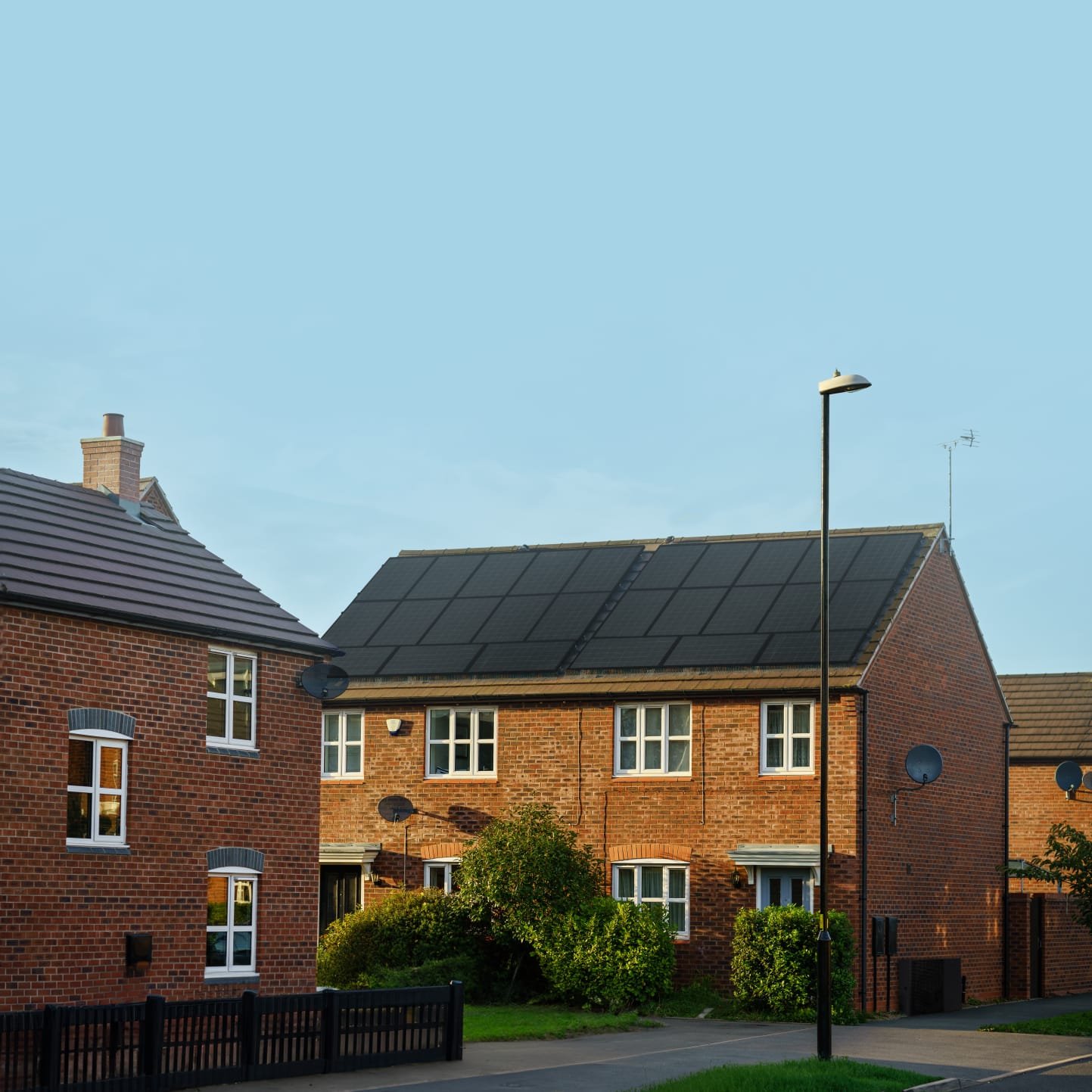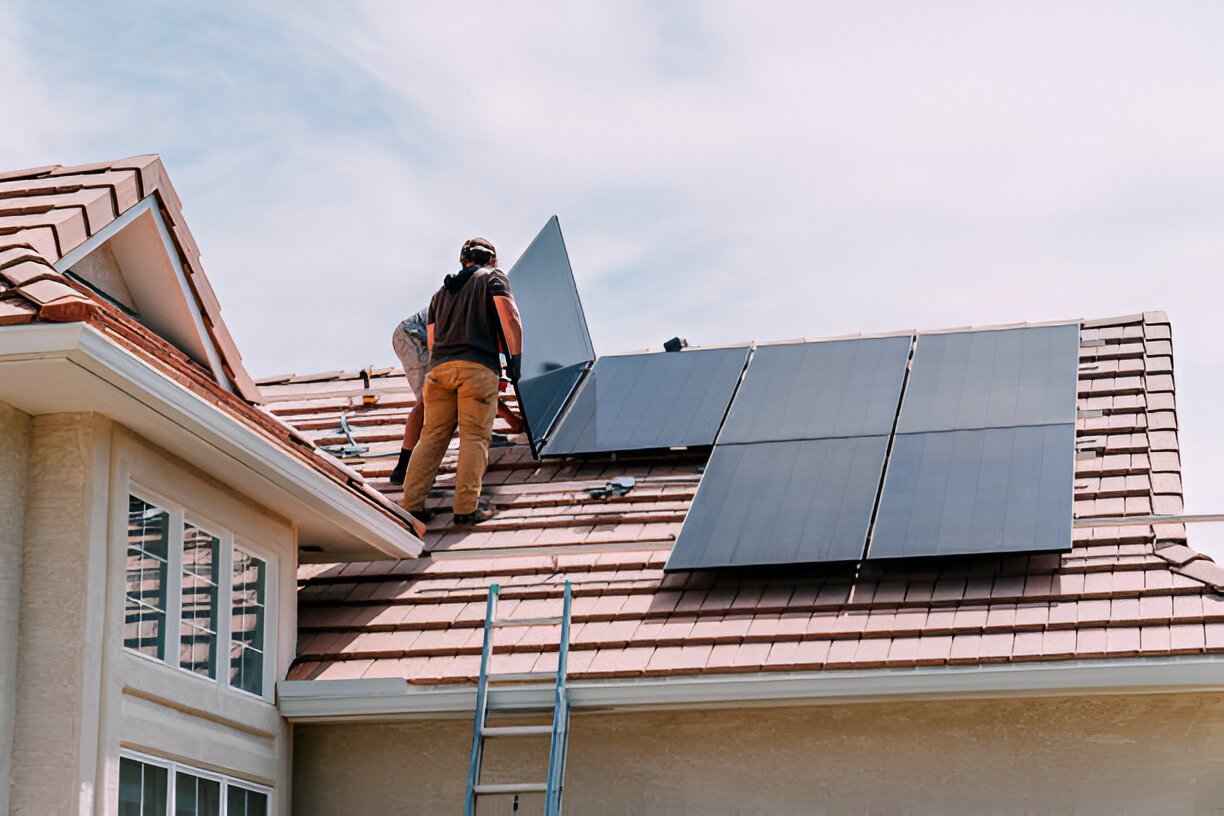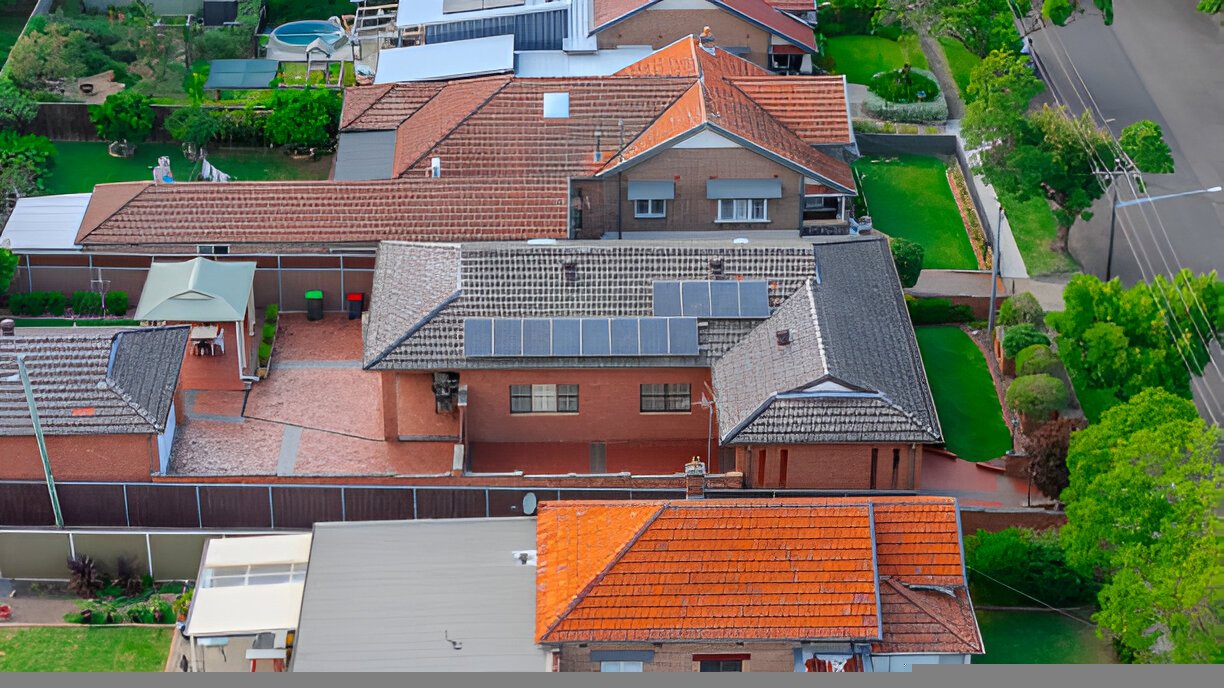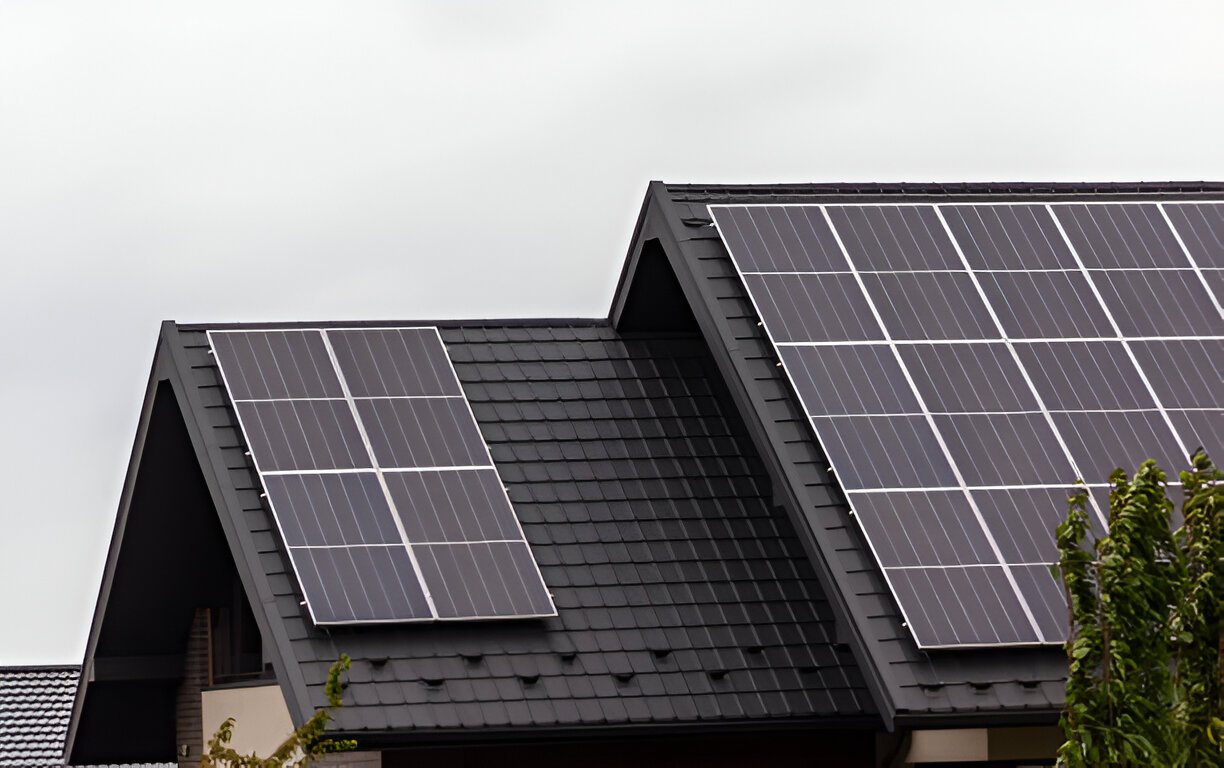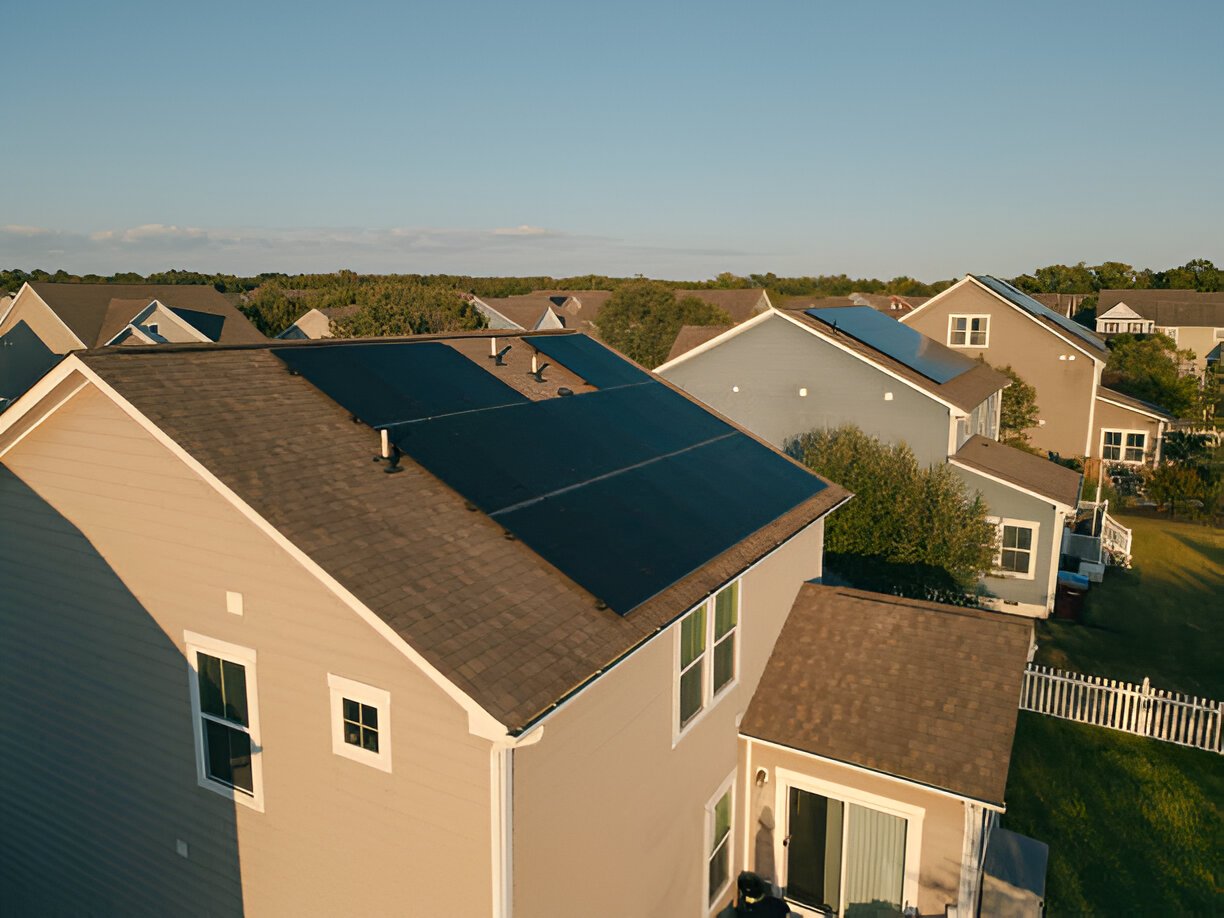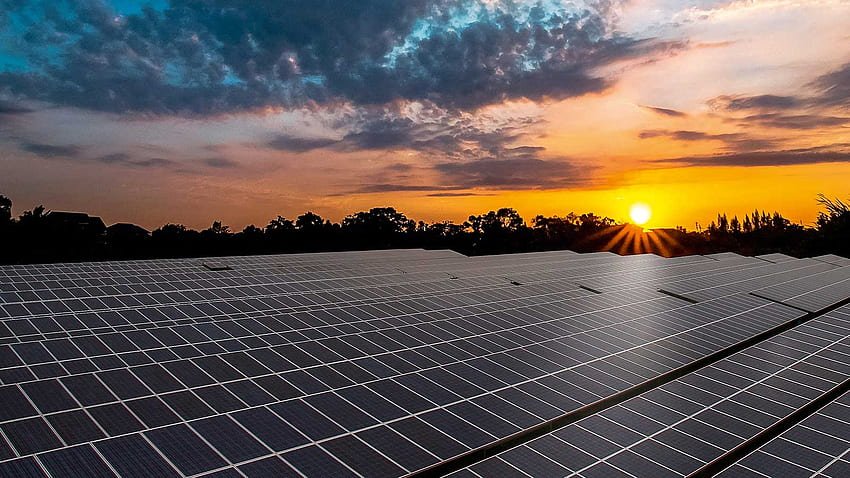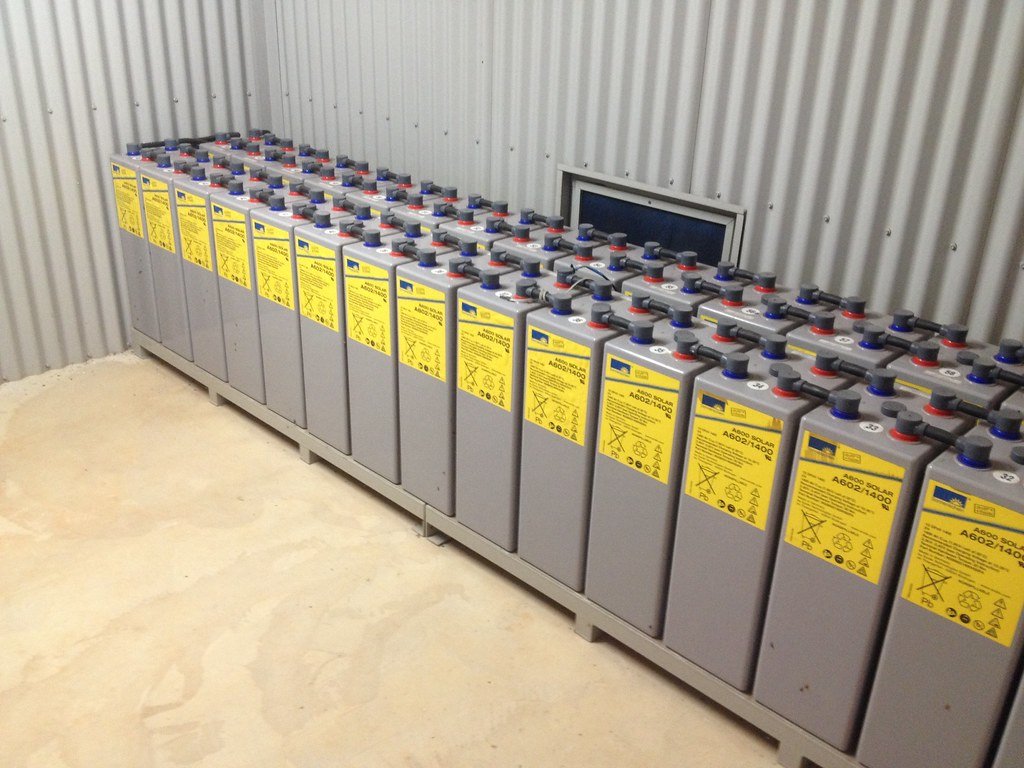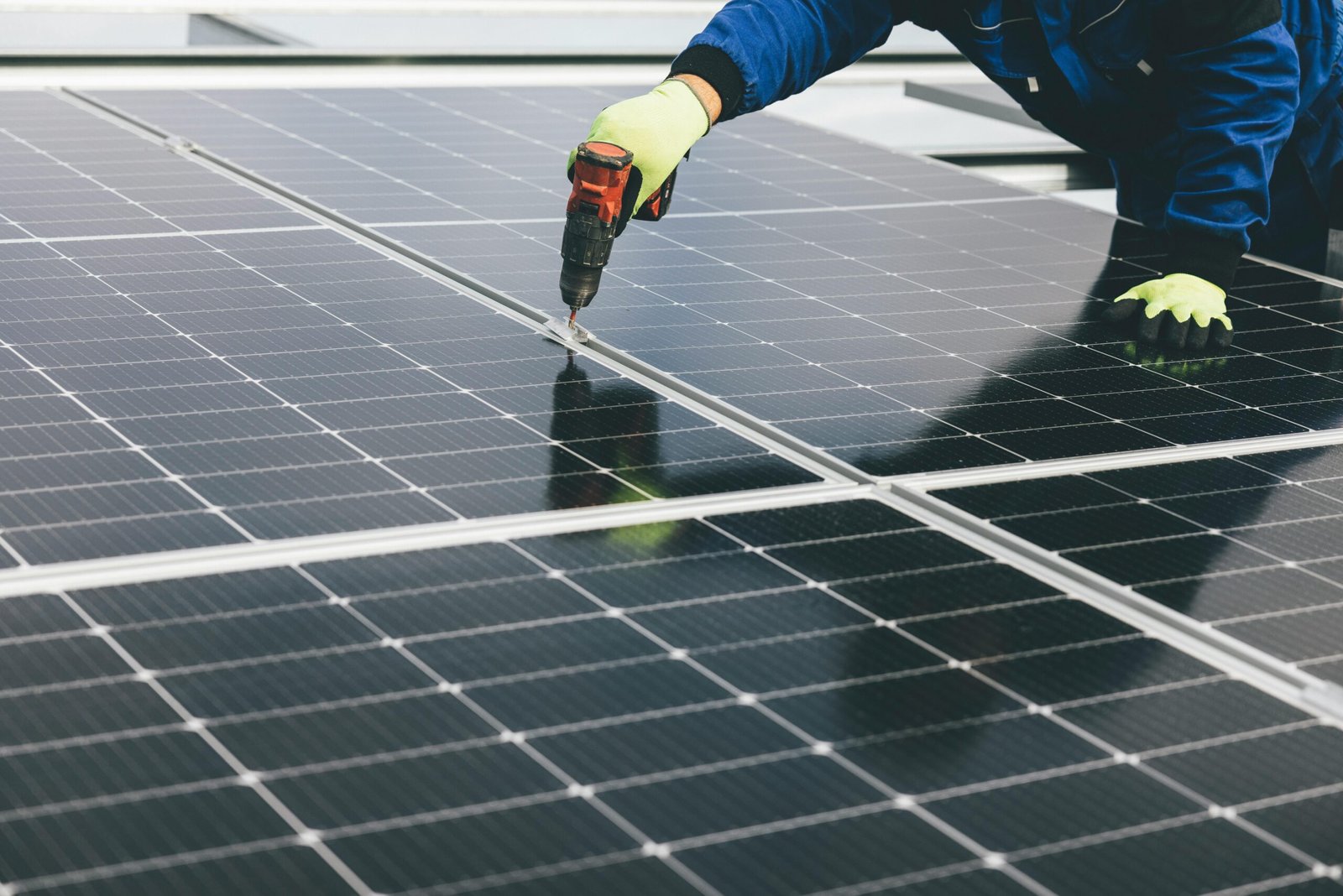Installing solar panels is a great way to reduce energy bills and harness renewable power. However, it has an upfront cost that most aren’t willing to make. So, to save money, many people want to DIY the installation.
Even though hiring a professional company might increase your installation costs, consider it as an investment. This is because professional installers ensure efficiency and compliance, which allows you to reap more benefits and stay compliant with local regulations.
However many people who are experienced in electrical systems might want to make the bet on a DIY installation.
So, choosing the right option first and foremost depends on your expertise. If you’re not an expert, then you might want to ditch the idea of DIY installing solar power systems. For further clarification, in this article, we’ll compare DIY and professional solar panel installation. We will cover the pros, cons, costs, and key factors in solar installers and the DIY installation process to help you make the best decision.
DIY Solar Panel Installation: Pros and Cons
Some homeowners choose DIY solar installation to save on labor costs and take full control of the project. However, this approach has its advantages and challenges.
Pros:
- Lower Costs: No labor fees mean significant savings.
- Flexible Timeline: You can work at your own pace.
- Learning Experience: During the process, you can gain knowledge about solar technology and system maintenance and also get a sense of accomplishment.
Cons:
- Complex Installation: Electrical work and system design require technical skills.
- Safety Risks: Working with electrical components and climbing onto roofs can be dangerous.
- Potential Mistakes: Incorrect installation can reduce energy production and void warranties.
- Permitting Issues: Navigating local regulations can be tricky without experience.
- Greater Disruptions: Professional installers from a reputed solar company have a strict installation timeline. So, they can take up to a week or two for the complete solar setup. However, when you’re going DIY for your solar system installation, it means disruption to your routine and your home or business for a longer time.
Professional Solar Installation: Pros and Cons
Hiring a professional installation company ensures a hassle-free solar panel installation process, but there are some cons to it too.
Pros:
- Expertise and Efficiency: Certified installers handle the technical work.
- Compliance and Permits: Expert installation means the professionals manage paperwork and ensure legal compliance.
- Warranty Protection: Many solar providers offer warranties on installation and equipment.
- Optimized Performance: Installers design the best layout for maximum energy efficiency.
Cons:
- Higher Costs: Labour costs and service fees increase overall expenses.
- Less Control: You rely on installers’ schedules and recommendations.
- Limited Customization: Some providers may only offer specific equipment or setups.
Cost Comparison: DIY vs. Professional Installation
The biggest reason homeowners consider DIY is cost savings. However, the final expenses of solar panel systems depend on several factors.
- DIY Costs: The average cost for DIY solar panels ranges from $5,000 to $15,000, depending on system size. While you save on labor, you must still purchase panels, inverters, batteries, mounting hardware, and tools.
- Professional Costs: A professionally installed system typically costs $10,000 to $30,000, including labour, permits, and warranties. Many providers also offer financing options and incentives.
- Hidden Costs: DIY installation might give you personal satisfaction, but it can lead to repair expenses. Additionally, some incentives and rebates are only available for professionally installed systems.
Technical Challenges and Safety Considerations
Installing solar panels isn’t just about mounting them on the roof. It also involves electrical wiring, system integration, and important safety precautions. Here are some technical challenges you might face, if you’re doing a DIY installation:
Wiring Work
Connecting an inverter and integrating the system into your home’s power supply requires electrical knowledge. Mistakes in this step can lead to system failure or even electrical hazards.
Roof Safety
Roof safety is another major concern. DIY installers need the right safety gear and experience to avoid accidents while working at heights.
Calculating Loads
If you do not have experience in electric work, you might not know how to calculate loads. A professional can assess whether your roof can support the system’s weight. DIY installers can research this themselves, but there’s still some risk involved where you could lose the electricity of the entire house! That means an added problem, and therefore, added costs.
Proper Placement
Proper system placement is also a key to making the most out of your solar system. If you’re in the UK, which is in the Northern Hemisphere, a south-facing roof will have straightforward installation. But in this case, it is important to consider any shading or obstructions from nearby buildings and trees that could impact production efficiency.
National Grid has also initiated a safety inspection program to ensure service termination points (cut-outs) in homes and businesses are working properly. These inspections help identify potential issues with the electrical infrastructure before solar panels are installed. If a defective cut-out is found, repairs are completed at no cost to the customer. This initiative ensures homes are safely equipped to handle the additional load from solar systems (Source).
Permits, Regulations, and Warranty Factors
Solar panel installation involves legal requirements in some areas of the UK. For instance, if you’re located in a conservation area or your house or commercial property is close to the highway, you might need planning permission. Reputable installers like Samso Renewables ensure that your solar installation is in line with the regulations, has the needed permissions, and follows all safety standards.
- Permits: Most areas require permits for solar installation, including electrical and structural approval. Professionals handle this process, while DIYers must research and apply on their own.
- Inspection and Compliance: Before connecting solar panels to the grid, utility companies require inspections to ensure compliance. DIY mistakes can cause delays in this process. The National Grid’s ongoing inspection program helps prepare homes for solar installations by checking service termination points. As a DIY enthusiast and saver, you might miss out on the opportunity to cash in extra solar energy that your system produces if your system is marked unsafe by the National Grid’s inspection program.
- Warranty Considerations: One of the most important factors that make professional installation outweigh the cost benefits of a DIY installation is the warranty. Manufacturer warranties often require professional installation. DIY installation may void coverage, leaving you responsible for future repairs.
Which Option is Best for You? Key Considerations
Deciding between DIY and professional installation depends on your skill level, budget, and priorities.
- Go DIY If: You have electrical and construction experience, want to save money, and are comfortable handling permits and safety measures.
- Hire a Professional If: You want a hassle-free installation, warranty protection, and an optimized system with guaranteed efficiency.
- Hybrid Approach: Some homeowners handle part of the installation (like panel mounting) and hire professionals for electrical work. This can save money while ensuring safety and compliance.
Conclusion: Making the Right Choice
Both DIY and professional solar panel installation have their advantages and drawbacks. DIY saves money but requires technical knowledge and safety precautions. Professional installation ensures efficiency, compliance, and warranty protection, but costs more.
The best choice depends on your confidence in handling electrical work and following regulations. If you’re unsure, consulting with a professional can help you weigh the costs and benefits. No matter which route you take, installing solar panels is a step toward energy independence and long-term savings.

